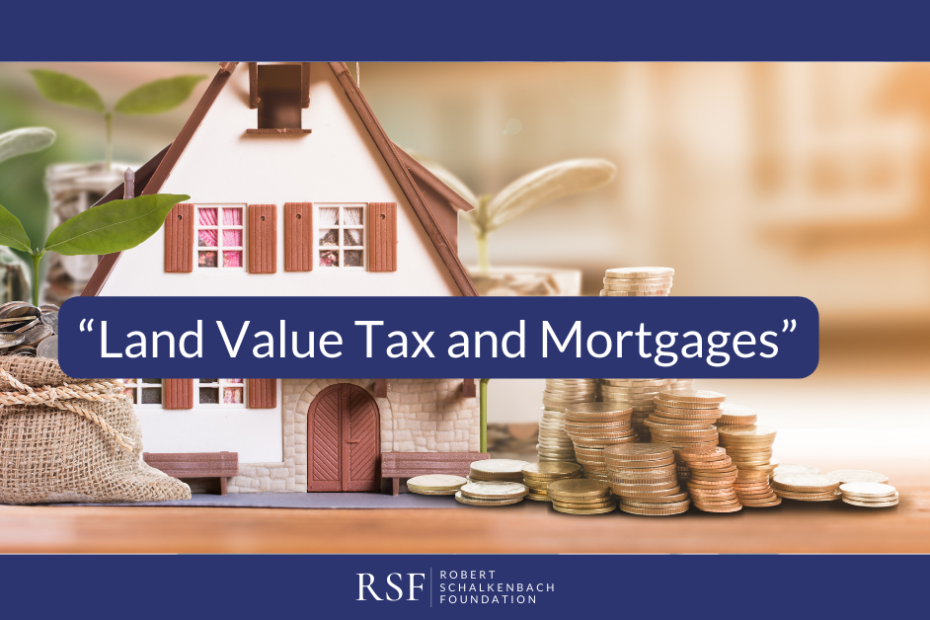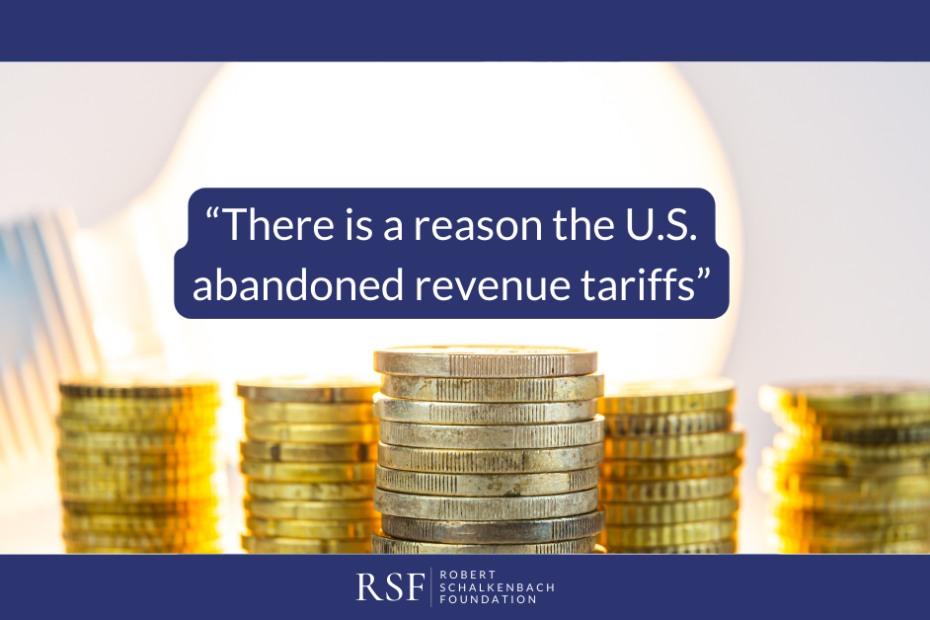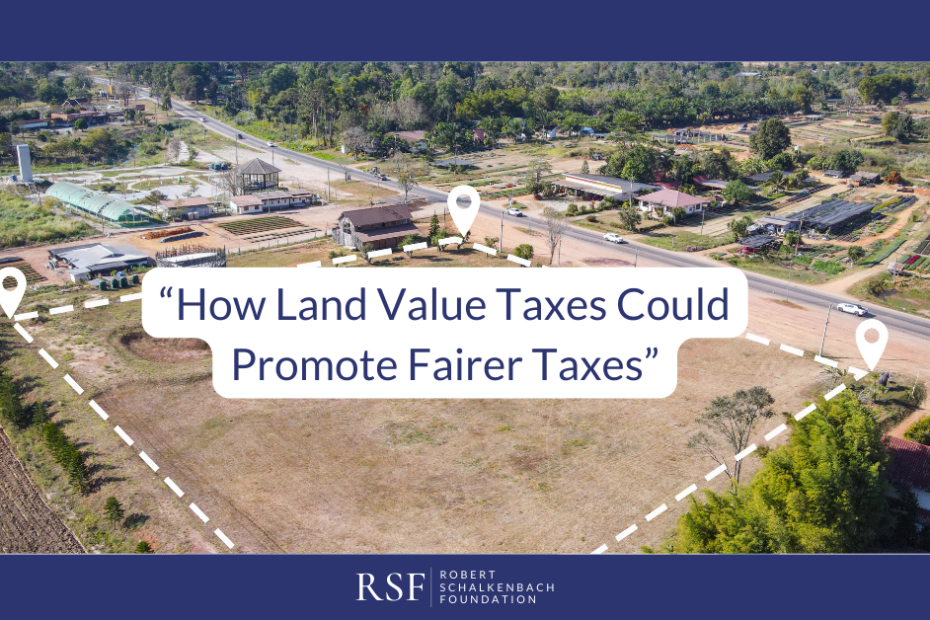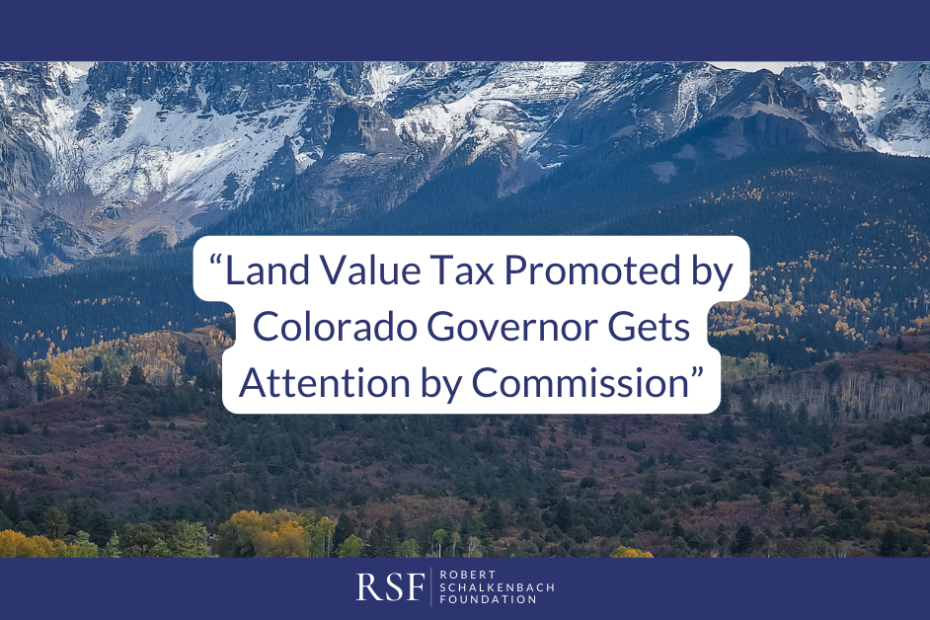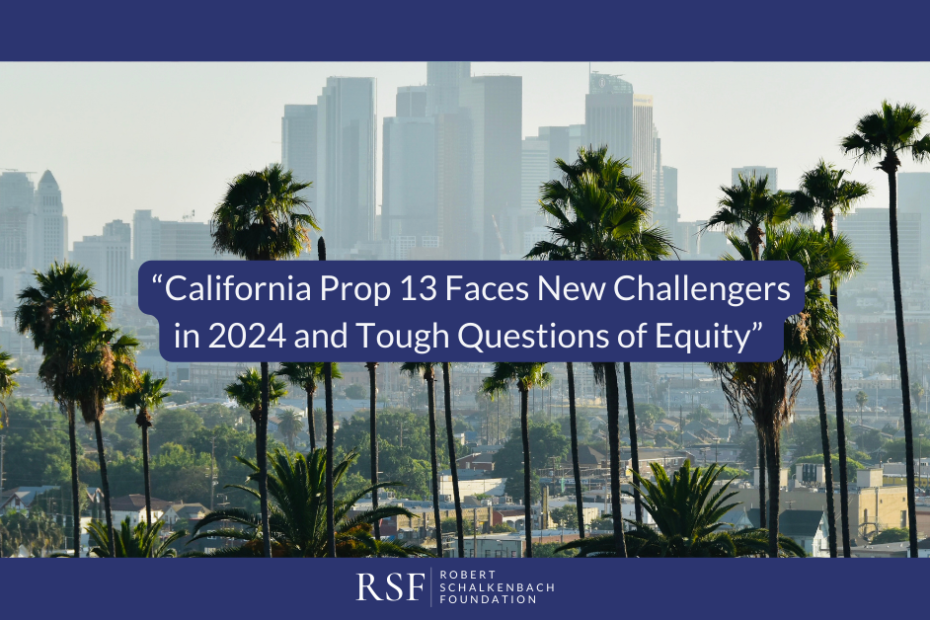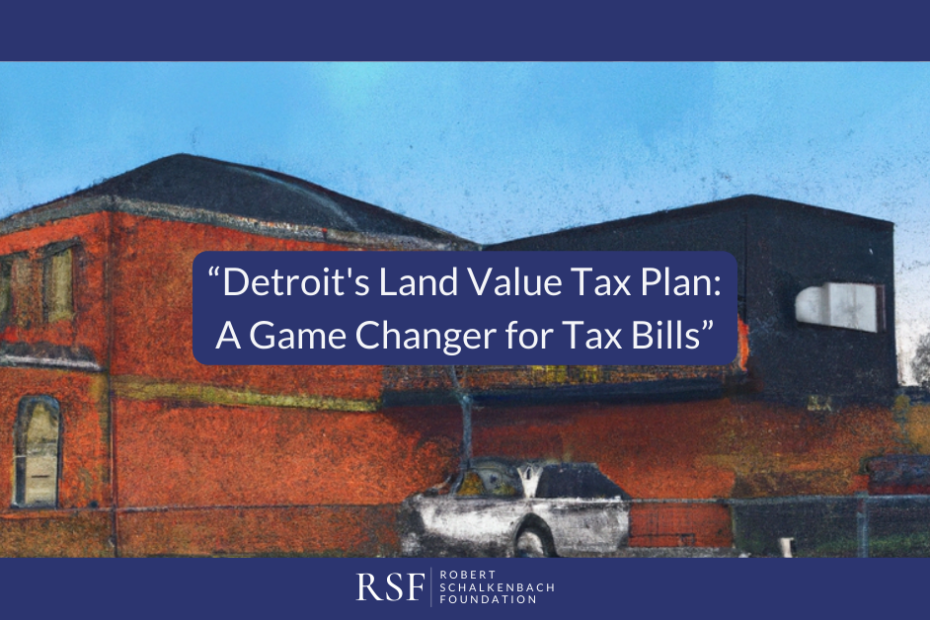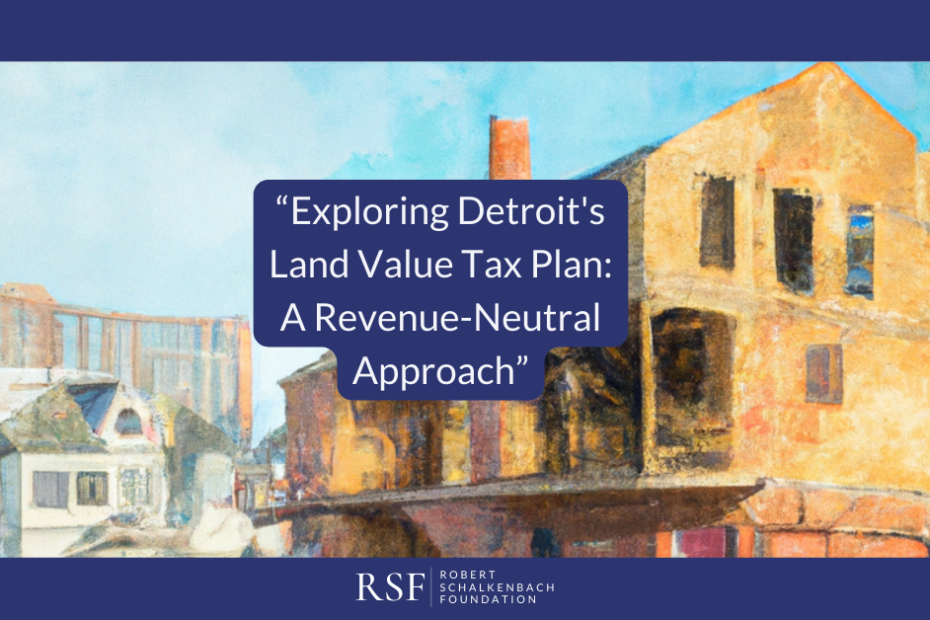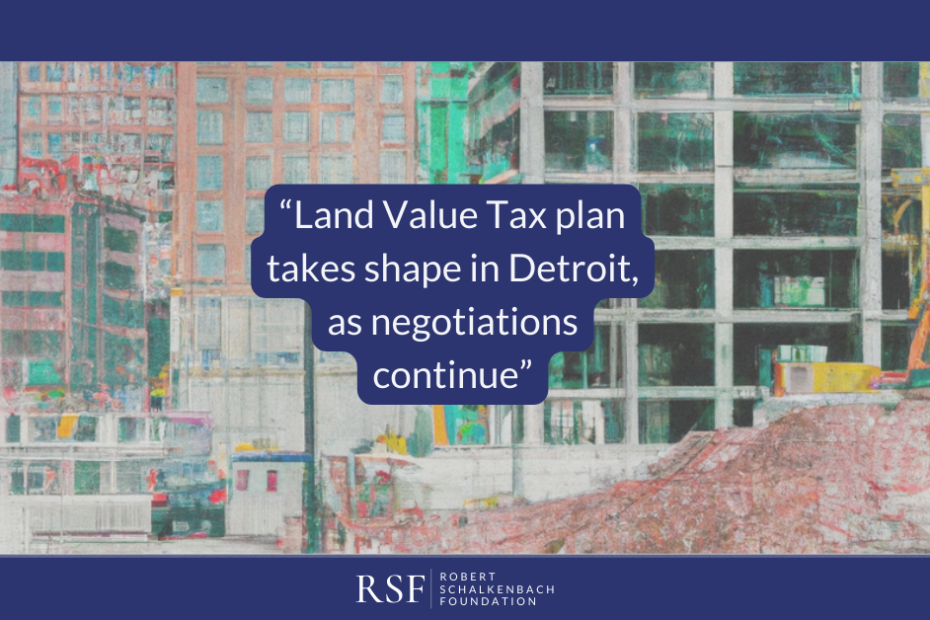Land Value Tax and Mortgages
It’s a tough time to be a home buyer in today’s housing market. Housing shortages continue, and interest rates on mortgages are about double what they were two years ago. In June 2024, the average was 6.95% for a 30-year fixed mortgage and 6.17% for… Read More »Land Value Tax and Mortgages

